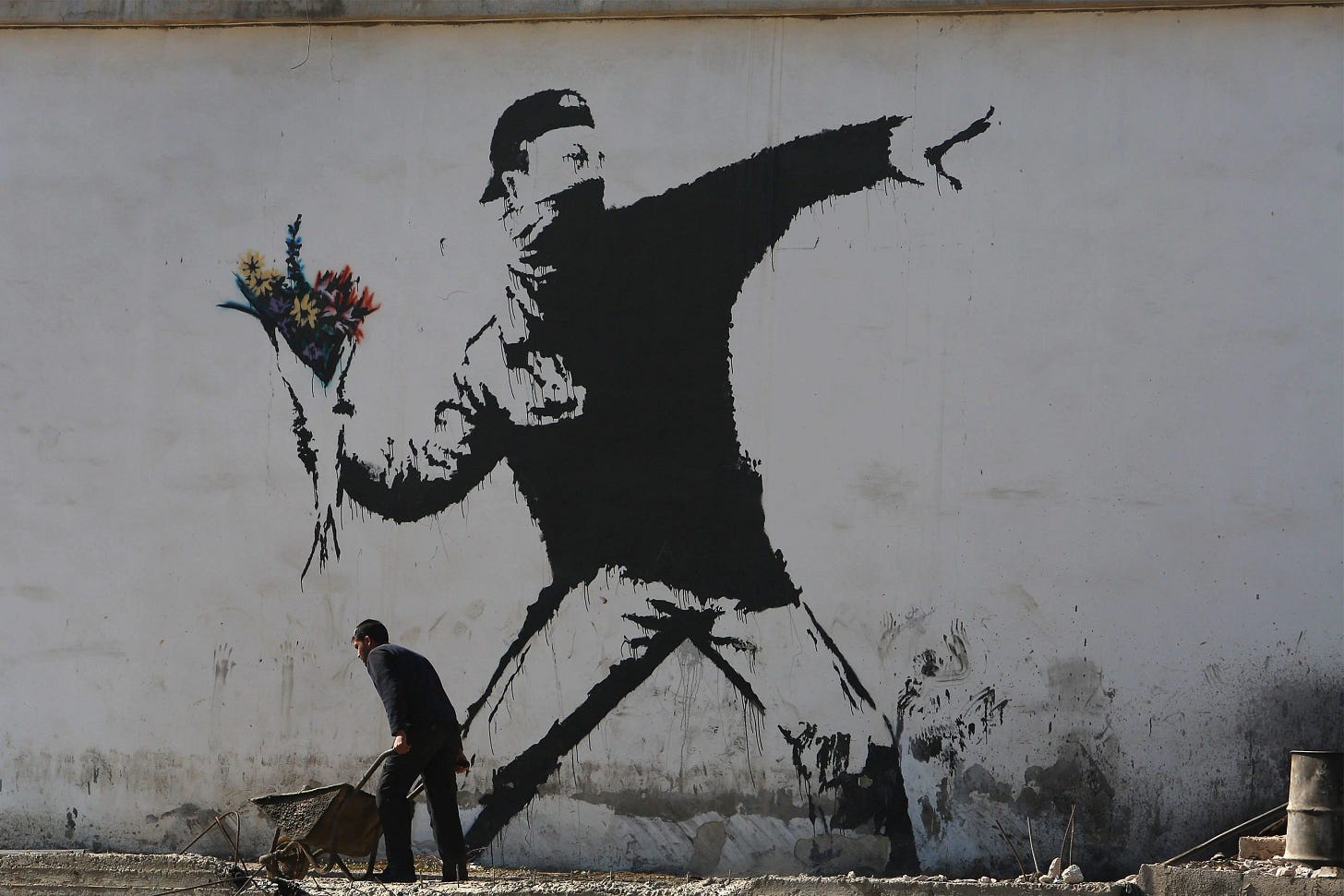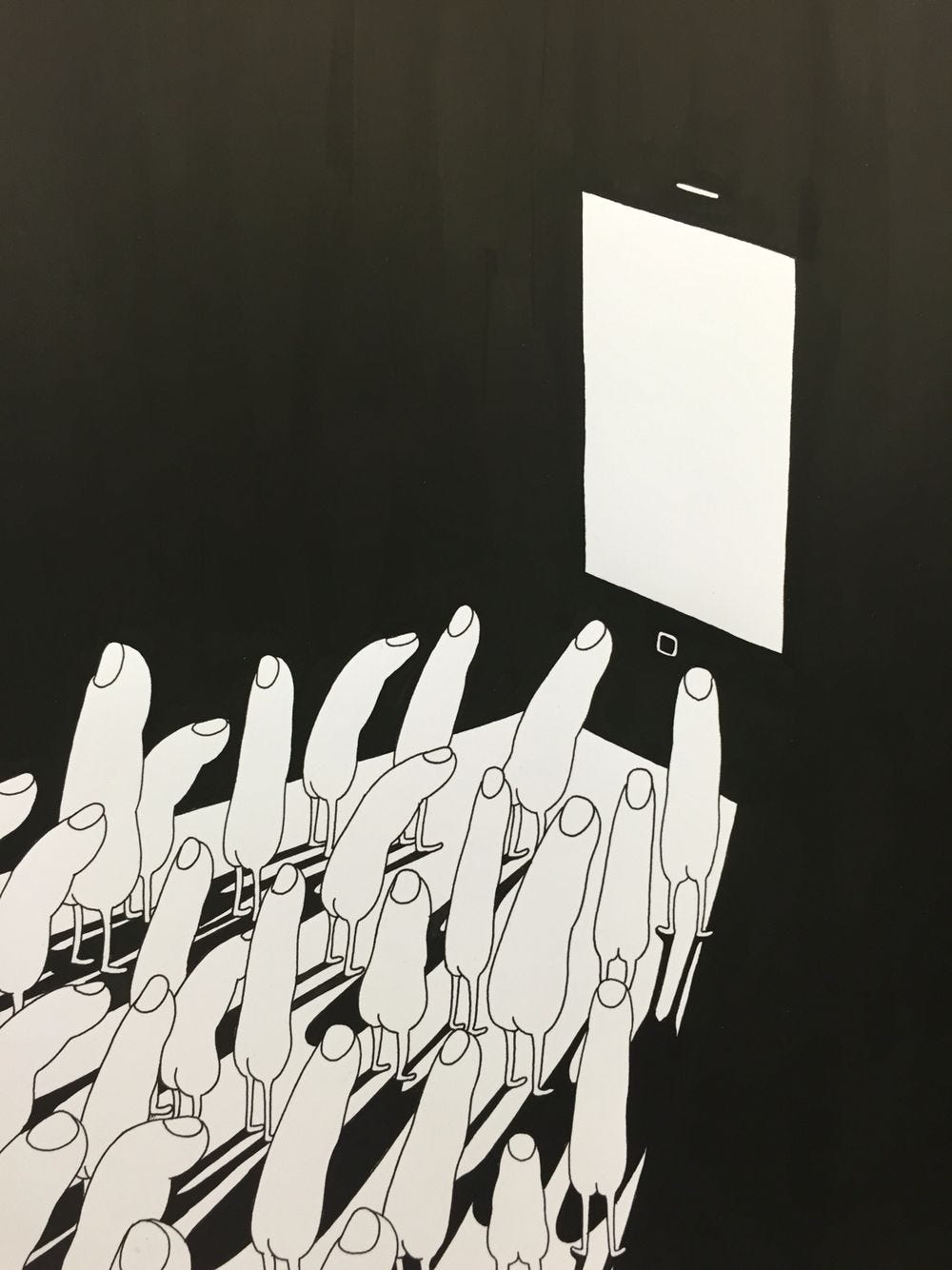At the heart of anonymity is the separation of identity from an action or expression. Being anonymous can help you avoid persecution, typecasting and start headless political and social movements. Unfortunately, anonymity can also be used for nefarious purposes such as harassment and crime.
How anonymous can our actions be? Every action we make leaves a ripple, a fuzzy fingerprint granting people a window into the creator’s identity and beliefs.
As a foundation for the constitution, a series of anonymous papers known as The Federalist Papers were released; however, people have used statistics to match the writing styles of prominent figures of the time with the documents.
“The Federalist, commonly referred to as the Federalist Papers, is a series of 85 essays written by Alexander Hamilton, John Jay, and James Madison between October 1787 and May 1788. The essays were published anonymously, under the pen name "Publius," in various New York state newspapers of the time.”
A similar thing happened when J. K. Rowling released The Cuckoo’s Calling under a pseudonym known as Robert Galbraith.
“I wanted to take my writing persona as far away as possible from me”
― J. K. Rowling
Identity can be gleaned from the way you move your cursor around a webpage, how you type, the words you use, the sentence structures, how you engage with different ideas or content and a vast array of other things.
Fingerprints have differing degrees of accuracy; some may reduce the possible creators down to thousands of people, others may be so specific that they can be immediately linked to you. The more data that you can combine into a single identity, the more that the accuracy compounds.
When you use a service anonymously, your usage data is often collected. This data is then analysed and turned into an identity. The longer you use a service, the more complex that fingerprint becomes. If that fingerprint is similar enough to another fingerprint, it will be deemed as the same identity with a high degree of accuracy. If you’ve used those services before with an account that has your personal information tied to it, they can then link it to your anonymous usage.
How does one scramble their identity when using these services?
If you wish to scramble the way you interact with a page, this is very doable; you can create algorithms or extensions to insert variation or randomness into the speed of interaction. There are even browsers (such as Brave) that support these features out of the box.
How do you do this for the pages you visit or the content you consume? You could add additional page requests algorithmically (at the cost of bandwidth) to make the content you’re consuming get lost in the noise. However, the core information which you are consuming is still part of your requests. You could even distribute the requests across a series of other people’s computers in a network (similar to a VPN or TOR).
Ok, so it looks like there are some decent approaches for making content consumption somewhat anonymous, but what about content creation?
As I write this blog post, embedded into it is my understanding of grammar, my vocabulary, the pacing of my writing, my ideologies, how I think and reason about the world, parts of my personality and beliefs. In addition, I embed images, music, my voice and videos. Which of these things would need to change to make the accuracy of fingerprinting so low that I could be seen as anonymous?
Are there logical equivalents to everything you say? For example, could this same post be scrambled and written in the style of another person? What aspects of this post would be lost or need to change to scrub away my identity?
When books are translated from one language to another, they lose the cultural relevance of specific words or sentences.
The song “Where is my mind” by the Pixies is the theme song of Fight Club and has a large amount of cultural weight. Mr Robot plays that same song at a critical moment as a subtle way to reveal a plot twist in reference to Fight Club; if you were to switch out the song with another, could you express that depth?
What kinds of ideas are so unique to you that they just can’t be expressed without revealing your identity? Conversely, which statements are so universal that you could blend into the crowd?
If I’ve spent a few years researching an extremely niche topic, it’s more likely that very few people could replicate the same ideas in their writing. However, if I discuss very surface-level ideas, it’s much more likely that someone else could copy them.
As we leave more of our fingerprints publicly for all to consume on the internet, what ways are we leaving ourselves vulnerable to imitation?
If our identities can easily be detected, is it that much of a leap to think that our digital identities could be replicated algorithmically?

















